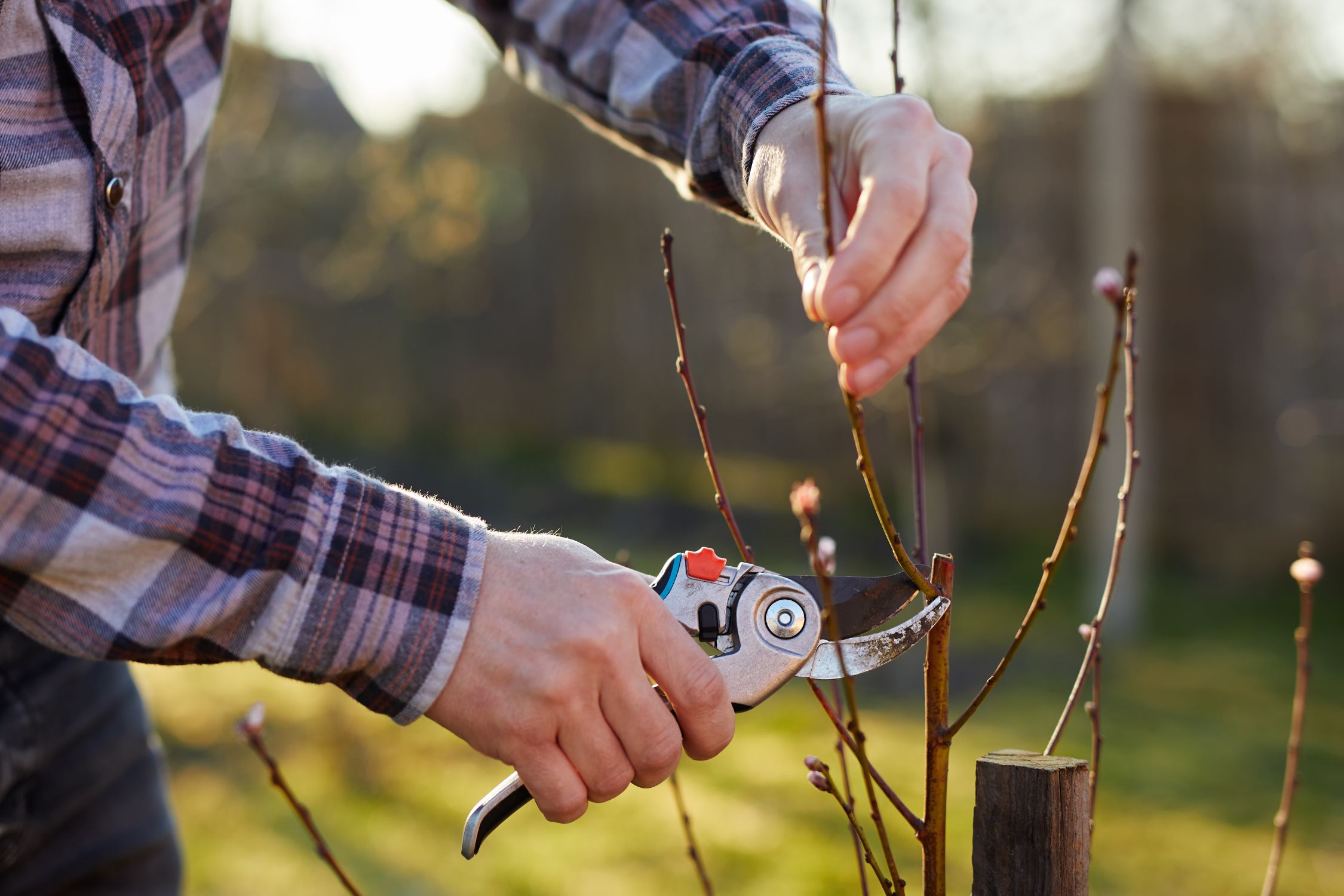
With their beauty, shade, and general practicality, trees can be some of the most important aspects of your property. However, there are thousands of types to choose from, and not every species is the ideal fit for your land. If you’re looking to plant more trees near your home, you should know exactly what you want. Here, we’ll discuss some important things to know before purchasing trees for your yard. With this knowledge, you can rest assured you’re making the right decision for your needs.
Necessary Maintenance Over Time
The first thing to consider as you start shopping for trees is the level of maintenance they will require over time. For healthy growth, trimming and pruning are crucial, but the frequency and methods will vary depending on the species. A guide to residential tree trimming and pruning can help. For example, fruit trees often need annual pruning to promote healthy fruit production, while oak trees typically need much less regular maintenance. Research the specific needs of each tree type and assess if you’re willing to dedicate the necessary time and effort to maintain it.
Size and Growth Rate
You should also choose a tree species that will fit comfortably in your yard when mature. This depends on your available space and the tree’s growth rate and maximum size. Some species, like the American elm or the silver maple, grow rapidly and can reach heights of 60 to 80 feet, which might be too large for a small yard. On the other hand, smaller ornamental trees, such as Japanese maple or dogwood, mature at a more moderate rate and may be better suited for limited spaces.
Soil and Climate Adaptability
When purchasing trees for your yard, other things to know and keep in mind are your region’s specific climate conditions and soil type. Choose species that are compatible with the weather patterns and can adapt to your area’s unique soil characteristics. Drought-tolerant trees, like cypress or mesquite, fare well in arid climates, whereas moisture-loving trees, like the weeping willow, might struggle in the same conditions. Investigate the preferred soil types and climate for each tree species to ensure successful growth in your yard.
Aesthetics and Function
Lastly, ask yourself what aesthetic qualities and functions you want trees to serve in your yard. Is your goal to provide shade, attract wildlife, enhance privacy, or create a visual focal point? Each tree species offers distinct qualities that will determine how well it meets your needs. Deciduous trees, like maple or birch, provide beautiful fall color but shed their leaves in winter, whereas evergreens offer year-round privacy. Take the time to envision how each tree will complement your yard and serve your desired purpose.
Carefully consider different aspects of different tree species before making your choice. By considering the above factors, you can make an informed decision and enjoy the numerous benefits trees provide.



